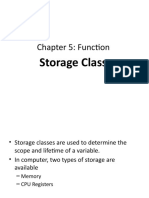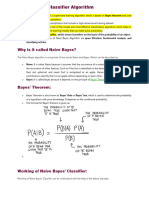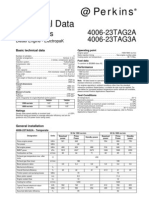0% found this document useful (0 votes)
22 views4 pagesStorage Classes
Storage classes in C define how variables are stored in memory, their scope, lifetime, and accessibility. There are four types of storage classes: auto for temporary local variables, register for high-speed access variables, static for persistent variables, and extern for sharing global variables across files. Each storage class has specific characteristics regarding memory location and variable persistence.
Copyright
© © All Rights Reserved
We take content rights seriously. If you suspect this is your content, claim it here.
Available Formats
Download as DOCX, PDF, TXT or read online on Scribd
0% found this document useful (0 votes)
22 views4 pagesStorage Classes
Storage classes in C define how variables are stored in memory, their scope, lifetime, and accessibility. There are four types of storage classes: auto for temporary local variables, register for high-speed access variables, static for persistent variables, and extern for sharing global variables across files. Each storage class has specific characteristics regarding memory location and variable persistence.
Copyright
© © All Rights Reserved
We take content rights seriously. If you suspect this is your content, claim it here.
Available Formats
Download as DOCX, PDF, TXT or read online on Scribd
/ 4


































































































